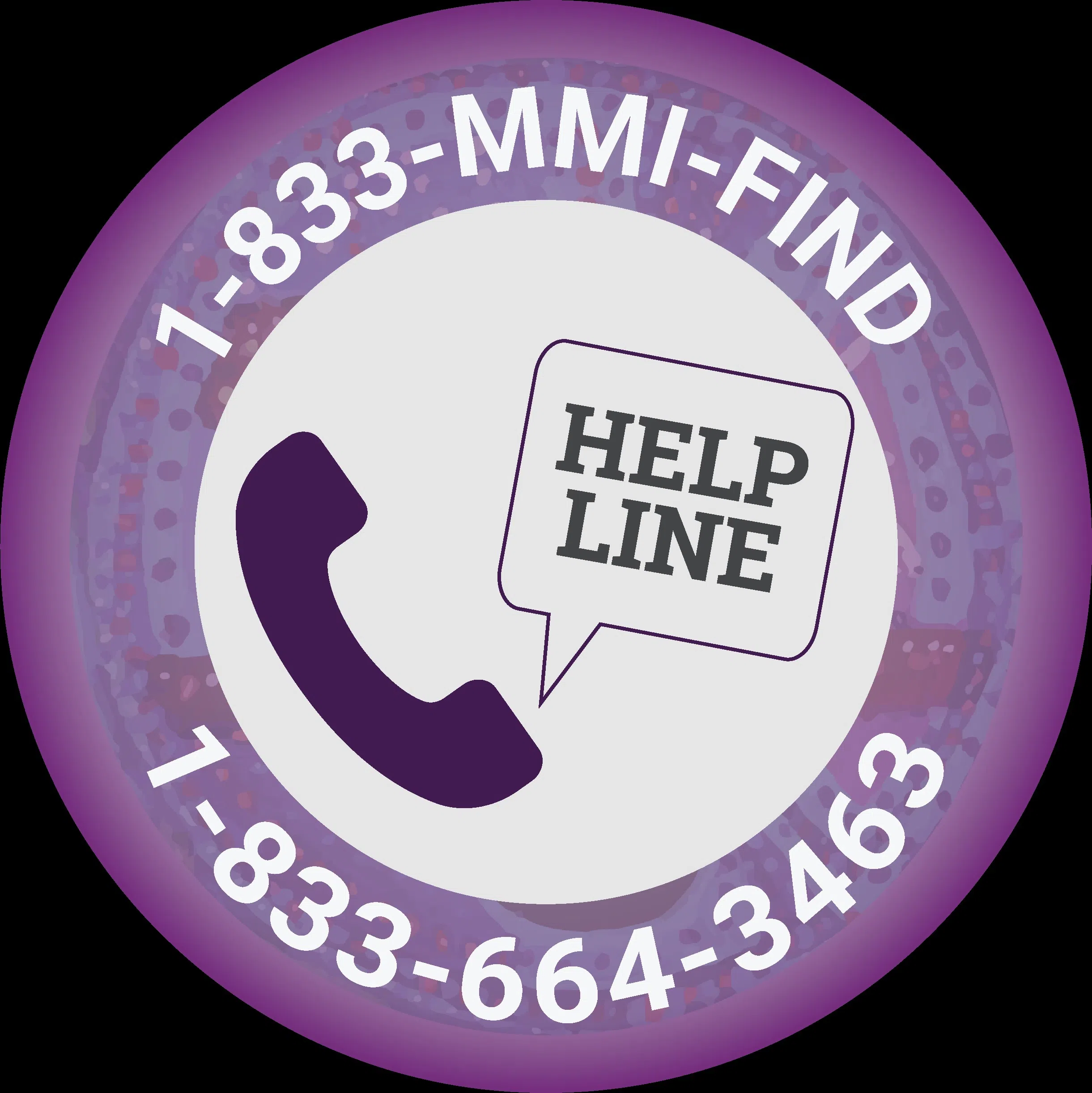
A new helpline has been launched for the family and friends of missing Indigenous people in the province.
The 24/7 phone line will give them advice on how to navigate police, media and justice systems in an effort to find their loved ones, as well as provide healing services.
It’s the first of it’s kind in Eastern Canada, and one of only few in the country. It’s especially unique in the variety of services it will offer.
Along with police navigation services for making an initial missing persons report, there will also be trained lawyers and law students providing legal advice, and a partnership with media organizations.
The number for the helpline is 1-833-MMI-FIND, which stands for Missing and Murdered Indigenous Families in Need of Direction.
Amanda LeBlanc, interim president and Chief of the New Brunswick Aboriginal Peoples Council, says Gignoo Transition House for Indigenous women and families in Fredericton will be manning the lines.
She says working with Gignoo is “a perfect match.”
“We have Native councils who have been doing like this for nearly 50 years, Gignoo is over 25 years experiences themselves doing this, so in the Indigenous communities we have this knowledge already so it’s just a matter of gathering it,” she said in an interview.
“It’s an Eastern Canada project, so this is actually just a pilot. So we’re starting here in New Brunswick, it’s close to home and it’s easy, but the intention is that this is something that would be held in each of the provinces,” said LeBlanc.
LeBlanc says the phone line is part of a larger project to improve outcomes for missing Indigenous peoples in Eastern Canada called “Looking Out For Each Other.”
In Canada, Indigenous women are 12 times more likely to be missing or murdered than any other women. According to the Status of Women Canada, Indigenous women and girls in Canada are disproportionately affected by all forms of violence.
The New Brunswick Aboriginal Peoples Council approached UNB Law professor Jula Hughes in 2015 for help on the project. The initiative combines university-based research, Indigenous self-governance organizations, social justice efforts, and justice system reform.
Hughes says a wide-spread myth she hopes the project will dispel about about missing persons cases is that you must wait 24 hours before filing a report.
“Any police chief in the country will tell you that’s just not true,” she said.
She says reporting missing persons sooner rather than later means a better outcome, especially for those who live off-reserve, where police may not be tracking cases as vigilantly.
“A large part of the helpline’s purpose is to help people just figure their way through that and gather up their courage and have the right information so they call early.”






